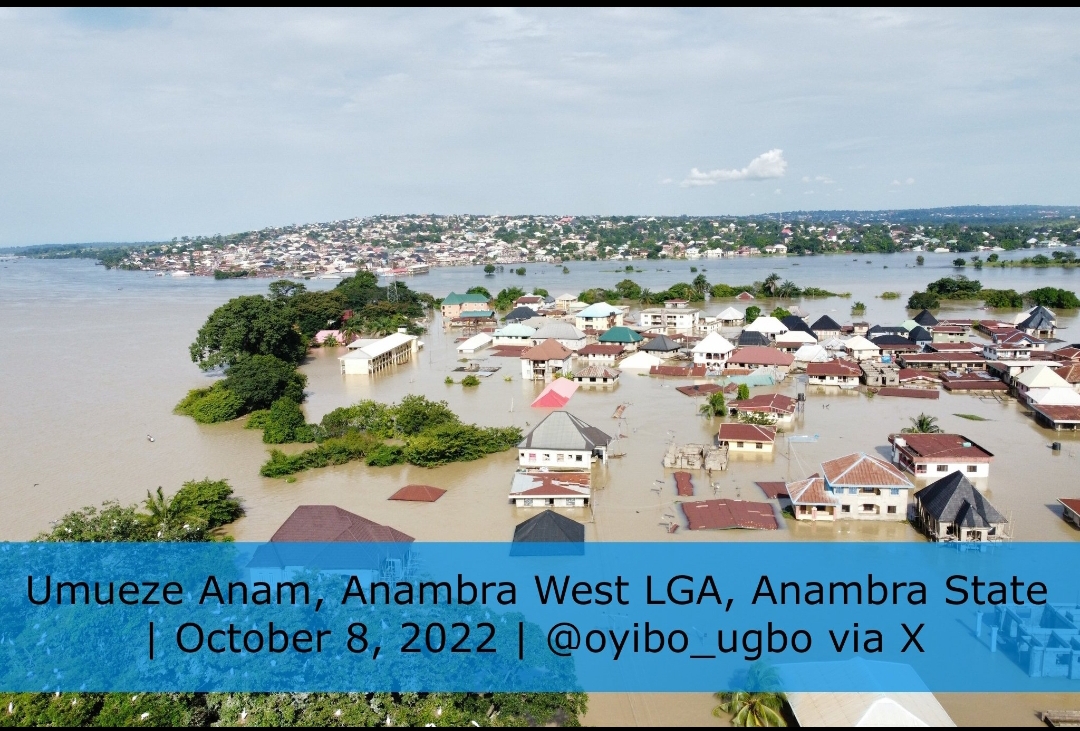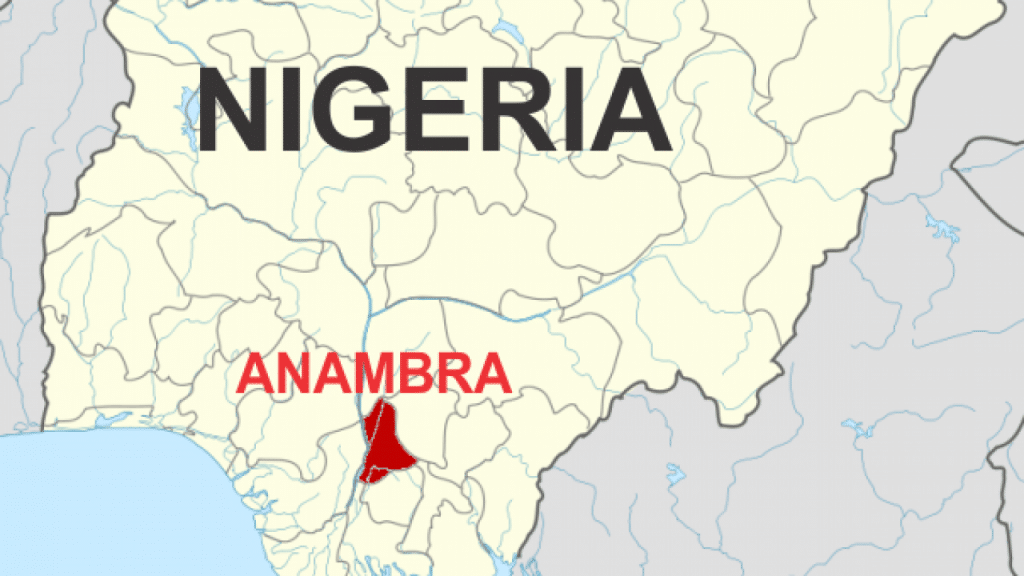The piece you’re about to read was written in October 2022 after Nigeria was visited by a devastating flood. It captured my anger and frustration with the people and government of Nigeria as we all returned to our usual way of life when the floods receded. Because the article was strongly worded, I held myself back from sharing it.
I had the option of rewriting it with a milder tone and language. But I decided to leave it raw. My reason is so the reader can also feel the anger from whence I wrote. The goal is to see if that raw encounter with the truth can force a hard reset. But the pains, especially those of the victims, were so real to me that I decided to refrain from commenting on the issue out of empathy.
But, it’s that time of the year again. Floods are expected in the coming days and weeks. We don’t know the intensity of this year’s floods as yet, but I’m sharing this with you hoping that you will find it instructive, and might even be moved to do something at a personal level about it.
As the floods begin to recede, Nigeria and Nigerians are retreating to their usual culture.
Flooding is predictable. It comes at a specific time of the year. In this regard, the government is nearly non-existent. The people are not helping matters. If you visit these flood-prone areas, it feels as if people live their lives as though they are invincible. Even for new and upcoming buildings, you won’t see any effort at resilience. No effort to build emergency exists. No effort at elevated foundations or road network so the whole building/road is not submerged.
Flooding in Nigeria occurs every year between the last week of September to the middle of October. It comes yearly with varying degrees of intensity, with the most devastating ones happening every ten years or so.
With this, both Nigerians and Nigeria are already put on notice as to severe flooding next September/October, and the one after that, and so on, until somewhere around September/October 2032 when another terribly devastating one will come. Then the cycle repeats.
Knowing Nigerians and Nigeria, we will carry on as if nothing happened and as if nothing will happen in the future. New buildings springing up in those flood-prone areas are being built without giving any thought to the peculiar circumstances of the terrain.
It’s just that we don’t like history, that’s why we love to think that we are the first to experience these kinds of issues. Our forefathers experienced flooding. That’s why they lived the way they did. They usually have a secondary abode in the high grounds, then they seasonally migrate to the wetlands to farm. But once the time for the floods approaches, they all migrate to the high grounds until the tides recede.
Today we do little to nothing with their wisdom. Even without putting mitigating measures in place, we arrogantly build permanent residences in the coastal areas. We are so special and untouchable, that we even landfill water bodies/flood paths and build cities on them. We make no efforts at resilience whatsoever! We also refuse to temporarily migrate when the season comes. And then act all surprised when the floods visit us with a seemingly unyielding vengeance.
I know people don’t like the truth, so let me stop here and just “offer my sincere thoughts and prayers.”
Africa’s morning is at hand truly but we have to reach out and take it.
Chima Christian
26-09-2023





